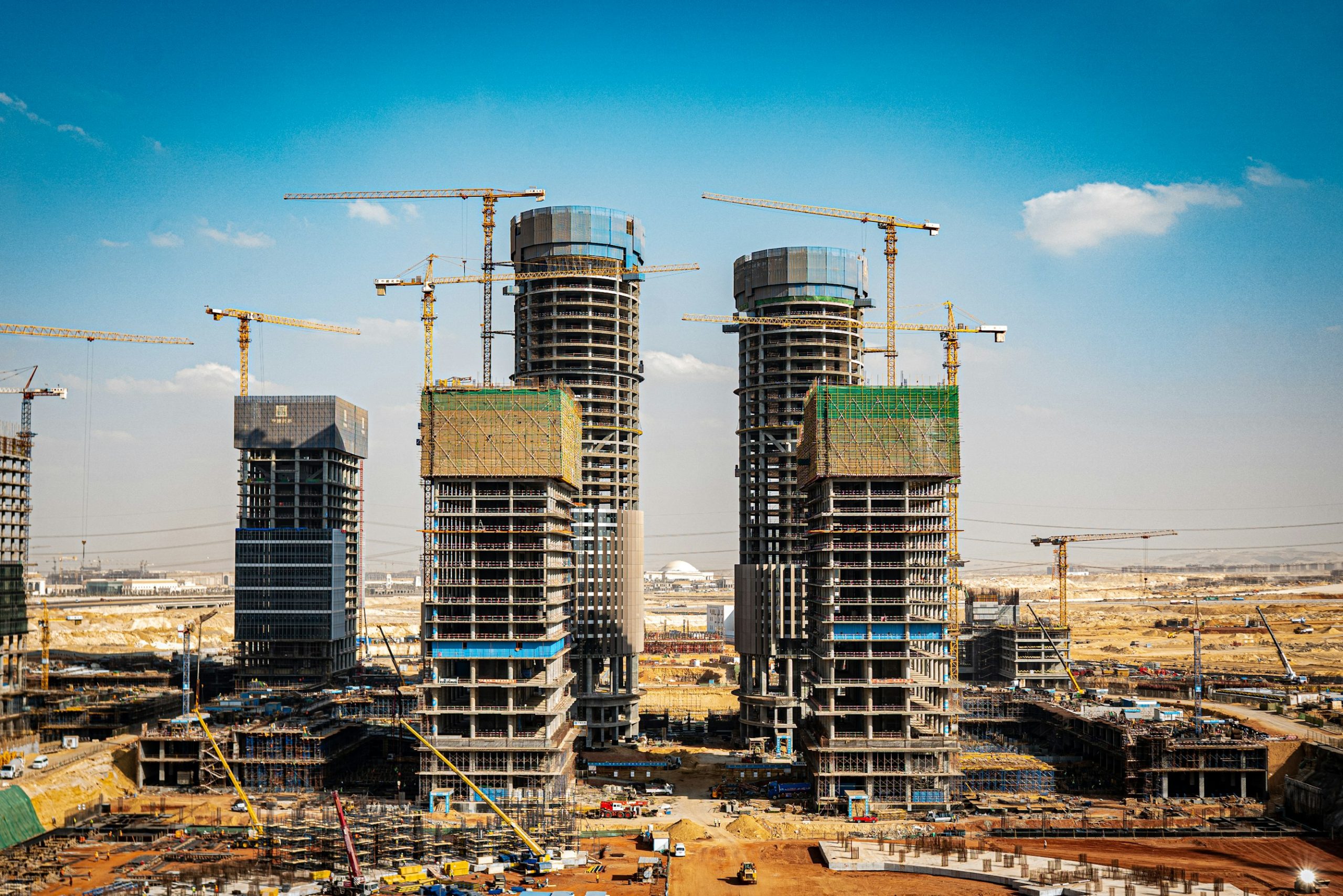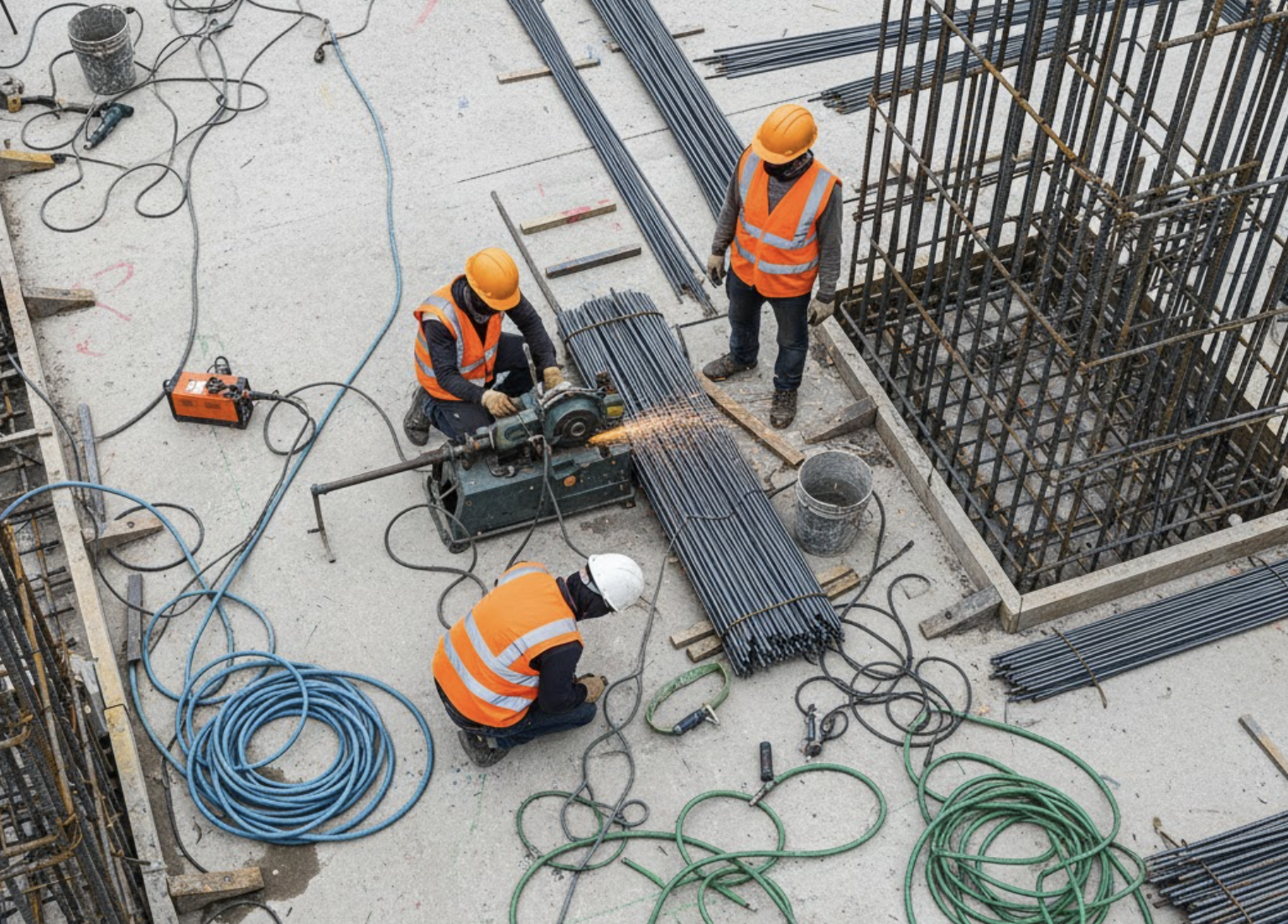Solving the Approval Delay Crisis in GCC Construction
The construction industry in the Gulf Cooperation Council (GCC) region faces significant challenges related to approval delays. These delays can jeopardize project timelines, inflate costs, and ultimately derail construction efforts. Understanding the underlying causes of these approval delays is crucial for stakeholders looking to navigate this complex landscape.
Understanding the Approval Delay Crisis in GCC Construction
Approval delays in the GCC construction sector are multifaceted, stemming from numerous interrelated factors. Identifying and addressing these challenges is essential for project success and operational efficiency.
Challenges and Causes of Approval Delays
One of the predominant causes of approval delays is regulatory compliance. Navigating the intricate layers of compliance can be overwhelming, especially given the demands of frameworks such as the Global Carbon Council’s GCC 2.0 program. Projects are often required to meet stringent standards, leading to numerous iterations and, consequently, significant delays.
Another contributing factor is design changes. These adjustments to project design or specifications often result in prolonged approval phases. For instance, alterations made in projects like the Gualala Community Center have considerably pushed back start dates and disrupted established timelines.
Furthermore, the permitting process in regions with strict environmental regulations can add 18 to 24 months before crucial approvals are granted. Each step involves multiple review cycles, exacerbating delays and complicating project management.
Statistics and Impact
While specific statistics for the GCC region remain elusive, the broader picture indicates that approval delays are both widespread and costly. Drawing from data in other regions, it’s noted that up to 75% of construction projects can experience delays related to permitting issues. This underscores the indispensable need for effective strategies to manage these hurdles.
Emerging Innovations
To combat the approval delay crisis, several emerging innovations are paving the way for a more efficient construction landscape in the GCC.
Legislative Initiatives
Proposed legislative reforms aim to streamline decision-making processes, particularly in critical areas such as energy and transit. These reforms promise to enhance operational efficiency and reduce approval delays in the future.
Advanced Technology
The integration of advanced technologies such as AI, blockchain, and IoT can revolutionize the approval process. By enhancing transparency, security, and operational efficiency, these technologies can help mitigate the complexity and duration of approvals. They allow stakeholders to focus on project execution rather than bureaucratic hurdles.
Best Practices
Implementing best practices can significantly alleviate the issues leading to approval delays:
- Streamlined Documentation: Ensuring that documentation is complete and accurate is vital. Incomplete or incorrect submissions can lead to unnecessary delays.
- Collaborative Planning: Involving all stakeholders early in the planning process allows potential issues to be identified and resolved before they escalate into significant delays.
- Technology Adoption: Utilizing construction project management software such as Zepth’s solutions can streamline the approval process. By automating workflows, enhancing communication, and providing real-time updates, technology can facilitate smoother project operations.
Role of Zepth in Solving Approval Delays
Leveraging robust construction project management software like Zepth can critically address the approval delays facing the GCC construction sector. Zepth’s tools empower teams to navigate complex regulatory compliance requirements efficiently, manage design changes, and streamline the permitting process.
By implementing Zepth’s solutions, project teams can automate workflows, enhance transparency, and facilitate real-time communication, drastically reducing approval delays. For more information on how Zepth can help streamline this process, explore our Why Zepth page.
Conclusion
The approval delay crisis within the GCC construction industry is complicated and multi-dimensional. Factors such as regulatory compliance, design changes, and the permitting process must be navigated collaboratively and efficiently. By adopting emerging innovations, best practices, and advanced technology solutions like Zepth, construction projects in the GCC can effectively manage these challenges, ensuring timely completion within established budgets.




